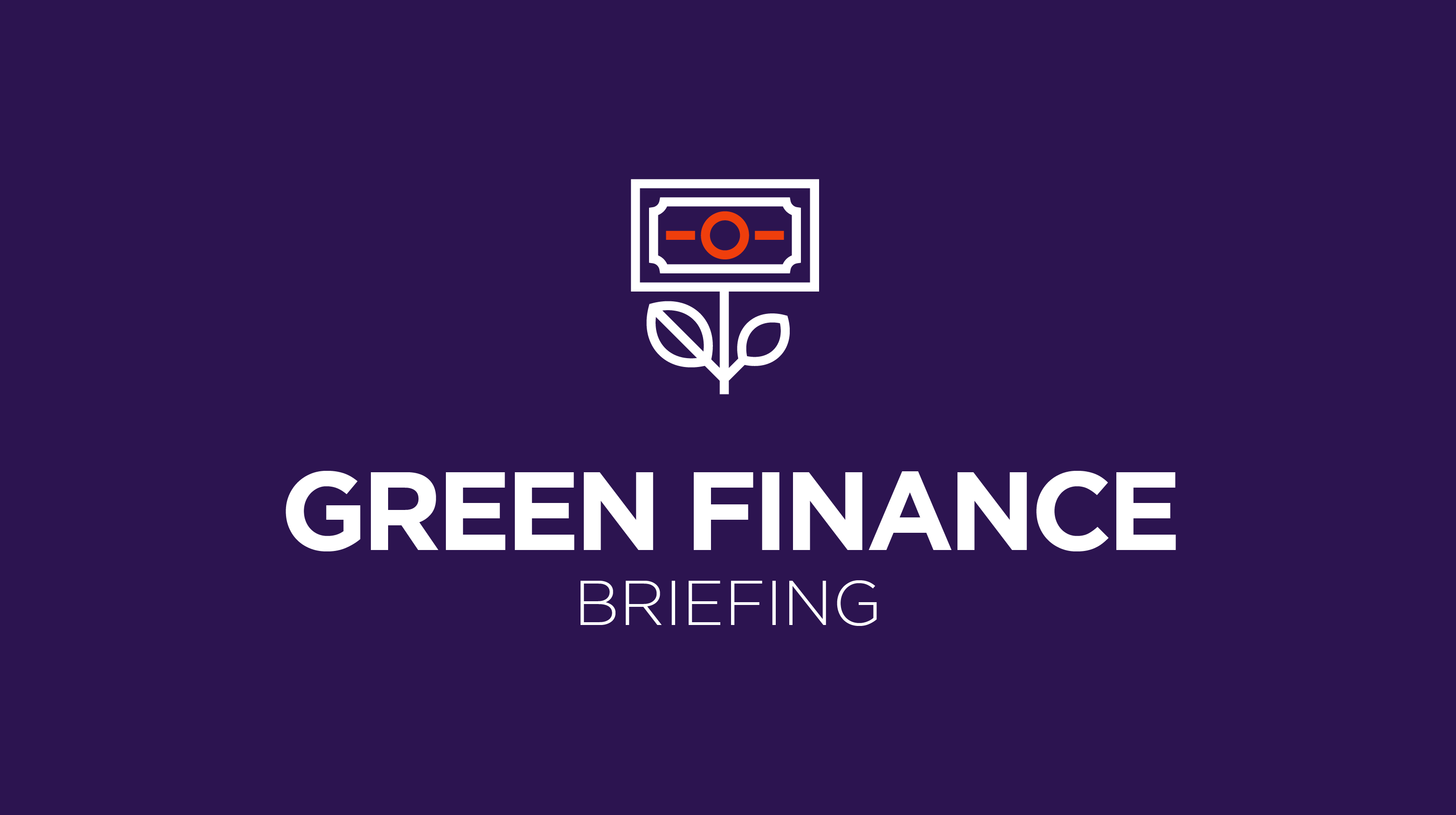Green Finance, Member Exclusive
Green Finance Briefing: Burning for change
- The heat wave that hit Europe proves once more the urgency of the climate crisis, and that we all need to collectively and proactively work towards investing in solutions.
- Join us on Tuesday, July 26 at our Banking on the Planet conference, where we'll discuss how the banking and finance industry can start its sustainability journey.





